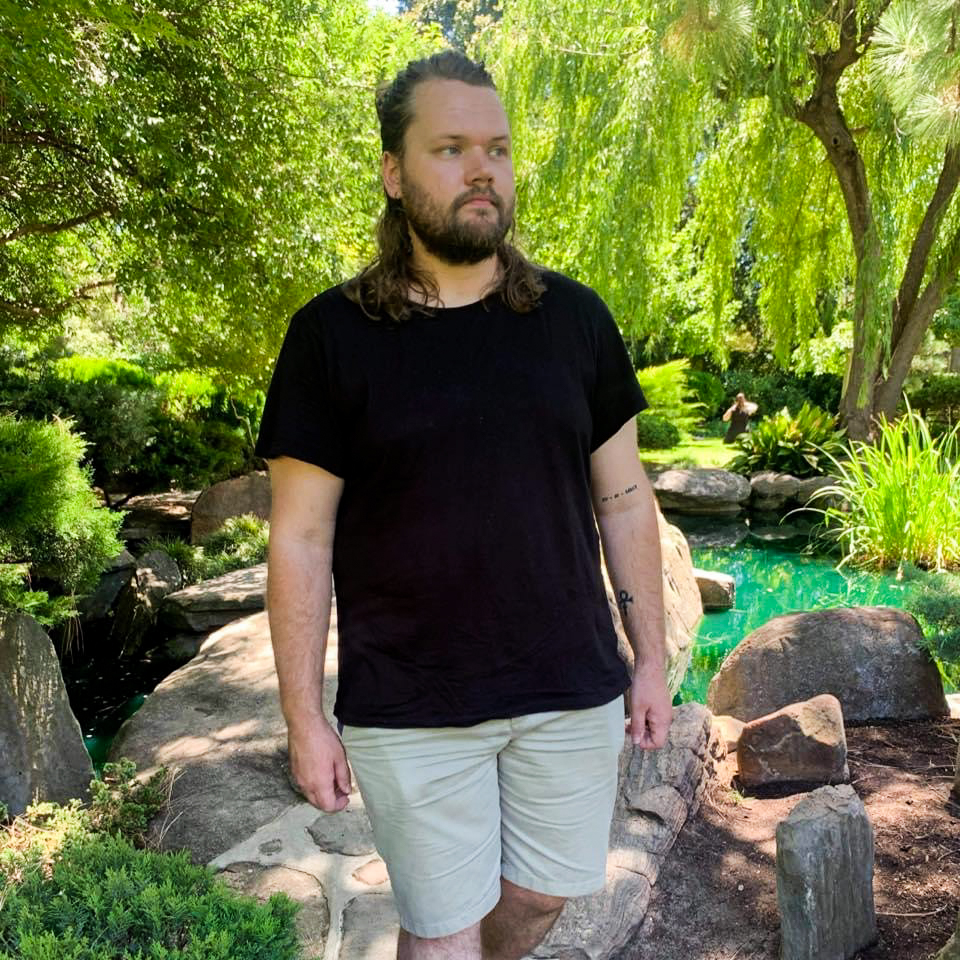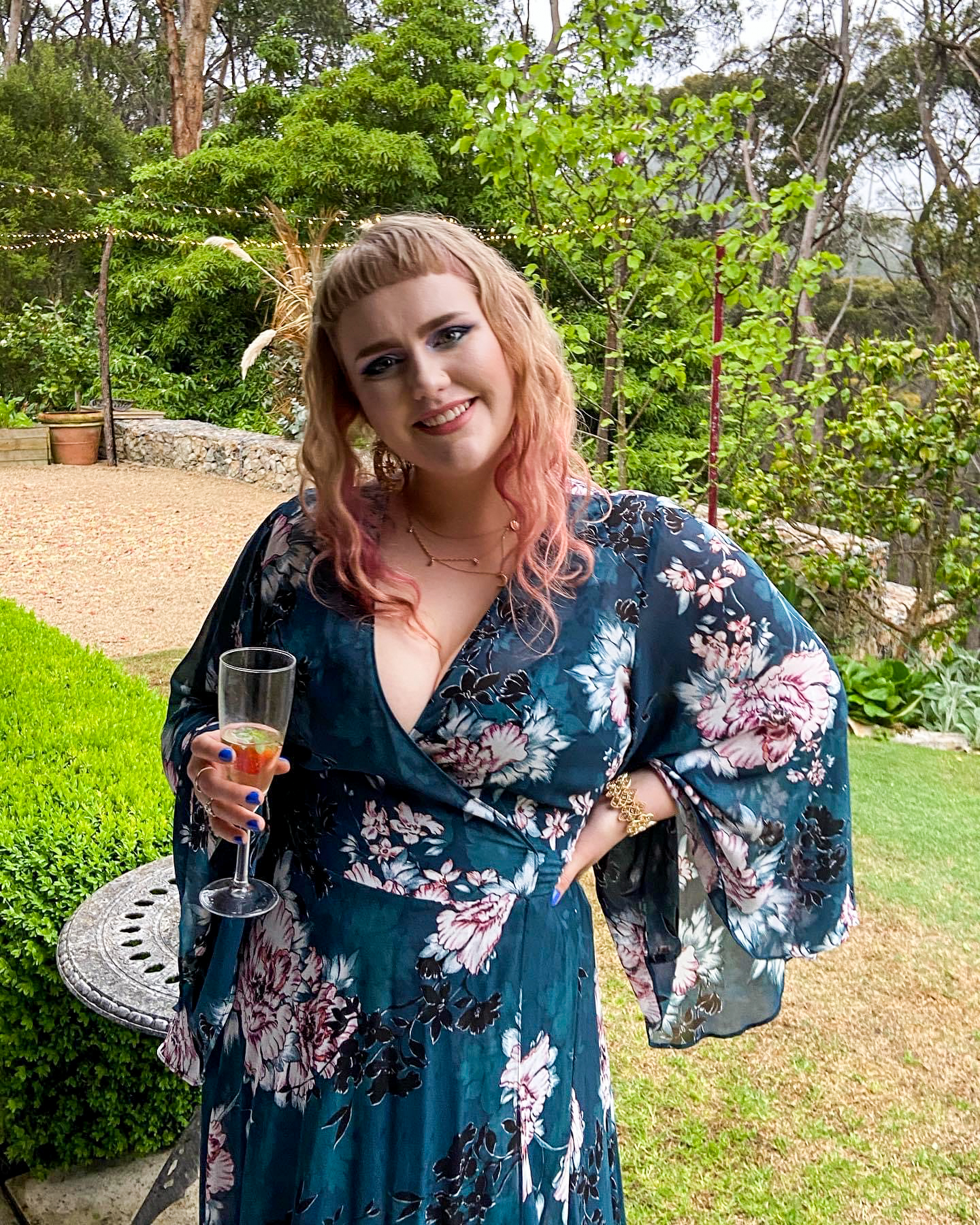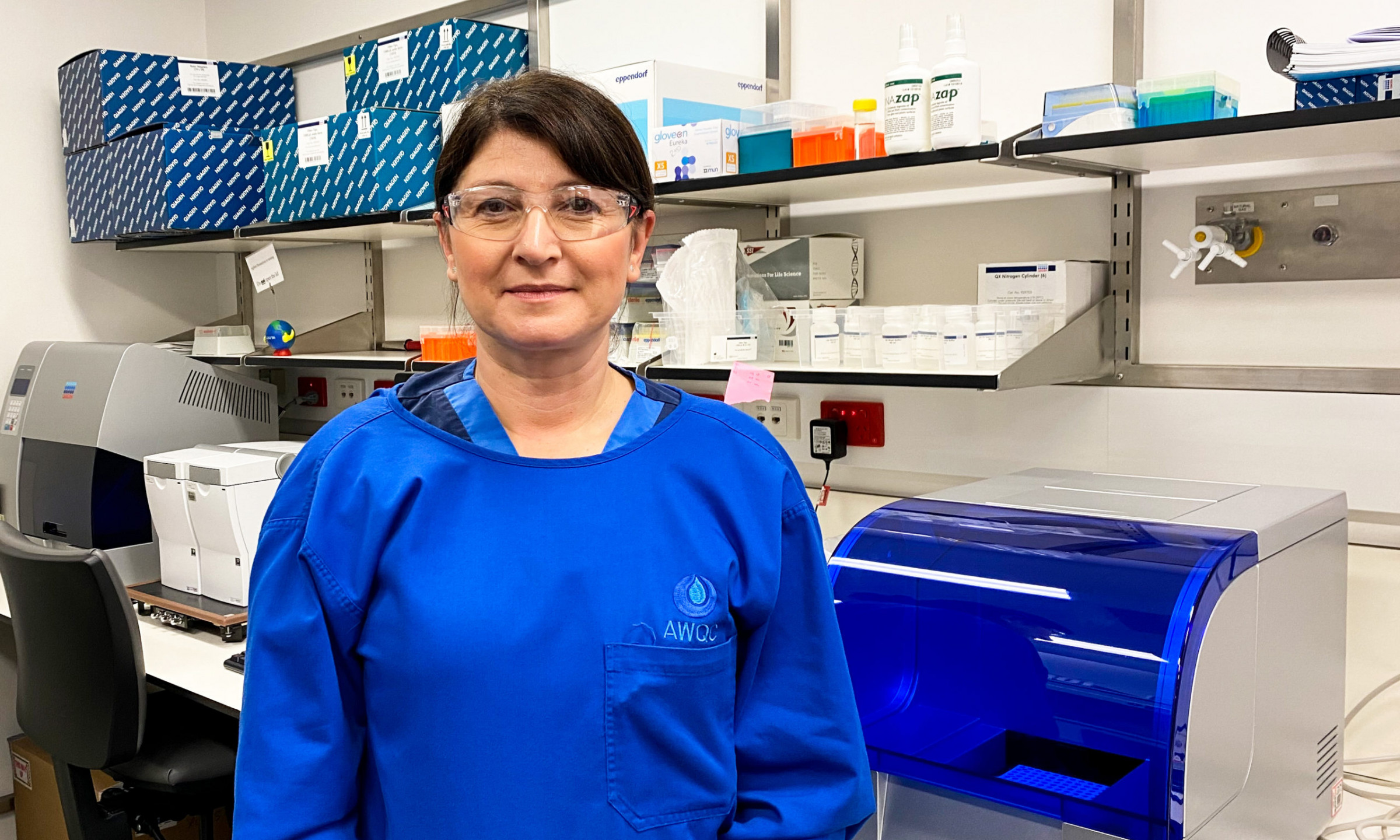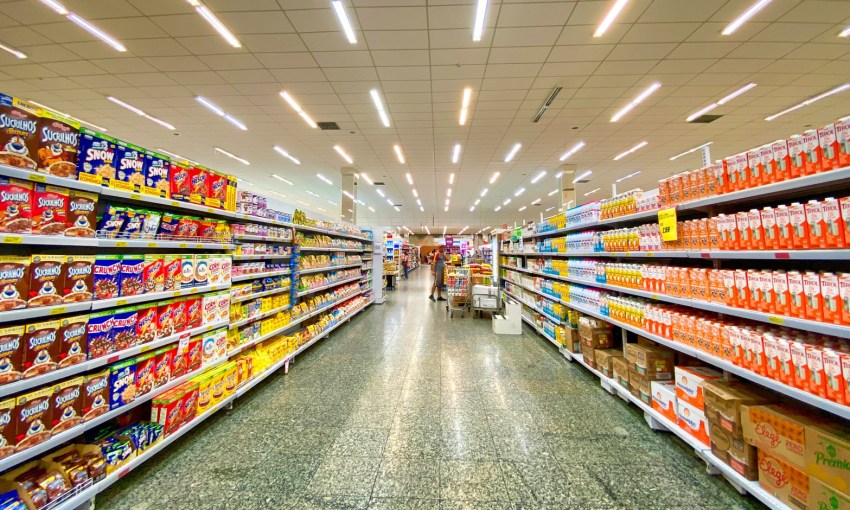As South Australia continues its journey to becoming a post-COVID state, CityMag asked some essential workers to reflect on how they’ve adjusted to the new normal since being hailed as heroes.
The invisible frontline: How everyday workers navigated the COVID-19 crisis
SPECIAL REPORT: COVID-19 ADELAIDE
If you asked anyone to describe the role of an essential worker before the advent of COVID-19, they would likely have name-checked a medical profession, like doctor or paramedic.
Tanner Muller is writer-in-residence at The Mill.
This article was published in partnership with The Mill as part of its writer-in-residence program.
For more information on the program, see here.
These are and continue to be essential roles in our community, but at the height of the pandemic it was highlighted just how significant a role the average worker plays in our daily life.
Those rendered invisible by their efficiency and everyday presence suddenly found themselves under the spotlight amid Australia’s health response.
The tag of ‘essential worker’ suddenly applied to a variety of fields deemed necessary within the country’s newly established (and socially distanced) operating system.
Among them were supermarket workers, cleaners, waste managers, retail assistants, utility workers, hotel staff, public servants, postal workers and delivery drivers.
While some of us had the flexibility to work from home, others risked exposure to the coronavirus daily while managing an influx of pandemic-driven demands – all for the sake of a stable income.
Many of these workers continue to be overlooked, and their efforts yet to be truly recognised.
In order to understand how life might have been different without their influence, CityMag reached out to some of South Australia’s essential workers to hear their experience of working through the COVID crisis.
CHRISTO HARRIS
Public Transport Cleaner

I’d worked in a fairly high-risk environment during COVID. As a cleaner, I already had to be wary of my surroundings, and ensure everything was safe. But, as the cases increased, I started to feel an immense amount of pressure. All of a sudden, people were relying on us more than ever before.
It almost felt like the stigmas of the job had vanished, as I was now considered to be ‘essential.’ I found this to be a little strange if I’m honest. I didn’t like using the term whenever I spoke about what I did. While I saw the value in what I was doing, and why it mattered, I certainly wasn’t about to claim I was on the same level as those who were working in the hospitals or testing sites.
In saying this, the workload could be pretty strenuous. There were times my bosses expected a small team of us to clean and sanitise around 200 buses in just a few hours. I thought these sorts of requests were a little ridiculous because it made us rush a lot of the work we did.
Before all of this I was unemployed, so while I was grateful for the opportunities I was given through COVID, there were moments I questioned if putting myself in these environments was worth the risk. On top of this, I grew increasingly concerned about my finances. Since I was only a casual worker, my job never felt entirely secure. I started to wonder how disposable I was and whether I would still be employed when the cases lowered.
Thankfully, I’ve been feeling a lot more stable now, as I was recently offered a job in the mines. While this has been an adjustment in itself, I’m using it as a chance to see a different side of life and appreciate things a little more.
ELLA HEYWOOD-SMITH
Supermarket Assistant & Early Childhood Educator

Life didn’t really slow down for me during COVID. By day, I was studying to be an early childhood educator – which also involved me doing a placement – and by night, I was stacking shelves at the local supermarket. Having to travel between these locations definitely put me more at risk, so I had to take the safety regulations a little more seriously.
Working at the supermarket was particularly challenging during the lockdown periods, as our supply of ‘essential items’ became scarce. This made it difficult for us to keep track of certain products, as the demand was so high. Even the managers didn’t know when the next load of shipments would come through. It was honestly a bit daunting, especially when I saw how empty the shelves were getting.
I was fortunate enough to limit my interaction with the customers, as I would typically work in the store when they had left. But, when our trading hours were extended, the night staff had to be there when people were still around. This made me a bit uncomfortable, as many of them weren’t making a conscious effort to maintain their distance. This definitely took a toll on my mental health, as I knew that whenever I would go into work, there would be at least one person who wasn’t going to respect my boundaries.
When I look back on this time last year, there’s a part of me that feels selfish for even speaking about the issues I was having, because I knew there were people who were in situations that prevented them from working, or even finding a job. I feel grateful for being able to earn a living through COVID and consider myself to be quite lucky.
MIRA BANASIAK
Supervisor of Bacteriology and Molecular Testing

I work for the Australian Water Quality Centre, which is a commercial business unit of SA Water. I’m responsible for coordinating a group of scientists who, among other tasks, test our state’s drinking water for bacteria. My day-to-day routine isn’t typically structured, as I never know what I’ll be expected to do. Some mornings I’ll come into the lab thinking the team and I will have a list of tasks to complete, but then it might change depending on what needs to take priority. This didn’t really change much during the height of COVID-19, as we continued to work around the clock.
During the pandemic, we had to modify our working space a bit to comply with the recommended safety regulations. The team and I had to make sure there were no crossovers between those who were working the morning and afternoon shifts. We also separated our workstations to ensure we were maintaining a 1.5-metre distance at all times. Other precautions, such as cleaning and disinfecting, are already part of our laboratory routine but became even more frequent.
Given this, the team and I had to adjust the way we interacted with those who were working in other areas of the business, such as the customer service teams, who bring us the samples we need to test. Instead of approaching the lab as they normally would, they had to leave trollies out in the foyer. We were also given access to allocated parking bays to ensure no one was risking exposure by catching public transport, or riding in a taxi.
I think I can speak on behalf of everyone at SA Water in saying that we felt really appreciated to have been considered essential workers, as it reminded us of the vital role we play in delivering trusted water services. It makes you sit back and think, ‘Wow! We’re here for the health and wellbeing of our community. We’re the reason why people can drink from the tap and not get sick.’




